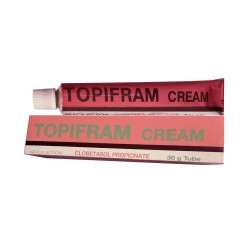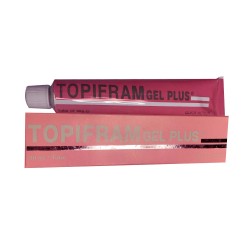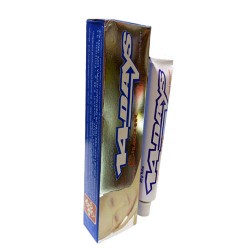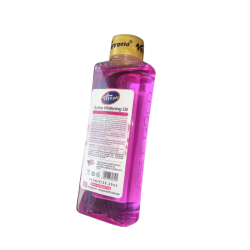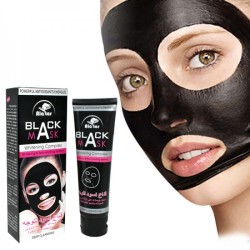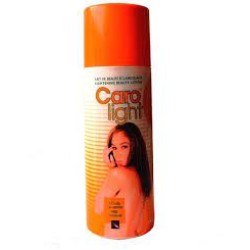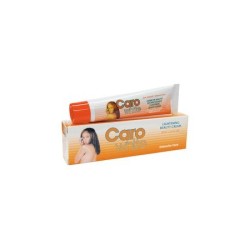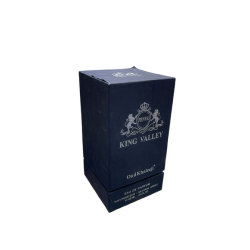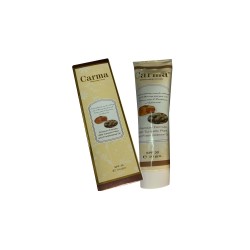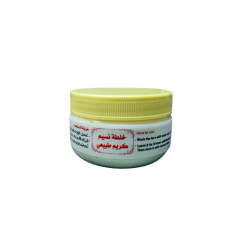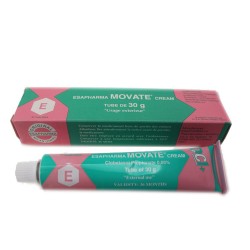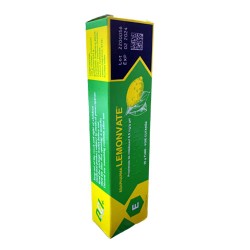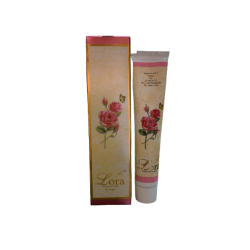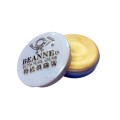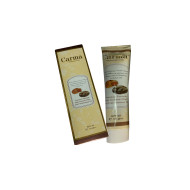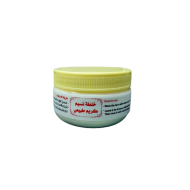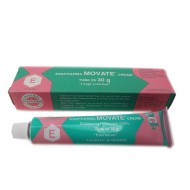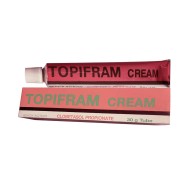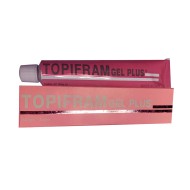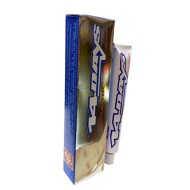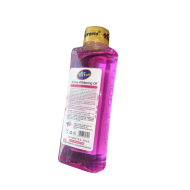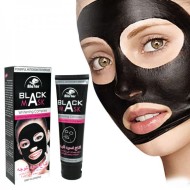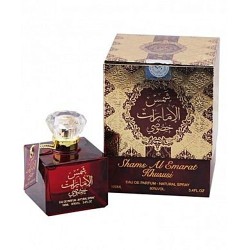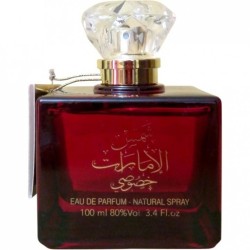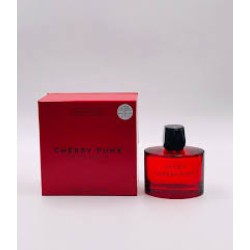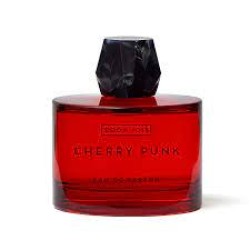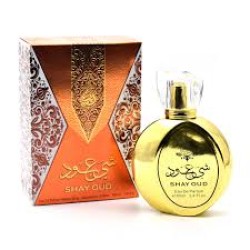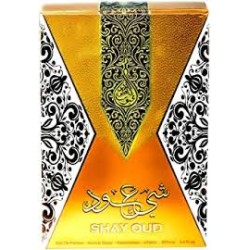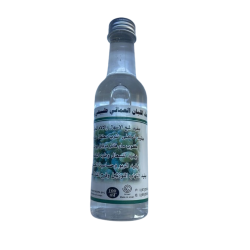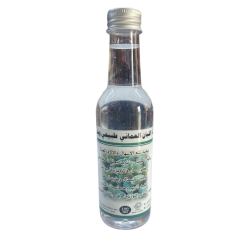Suet is not a common ingredient in Islamic perfumes, which are often made from a blend of natural and synthetic ingredients that are selected for their scent and lasting power. Islamic perfumes are typically alcohol-free, as alcohol is considered haram (prohibited) in Islam.
Islamic perfumes may include a wide range of fragrances, from floral and spicy scents to woodsy and musky notes. Some common ingredients found in Islamic perfumes include natural oils and extracts, such as oud, rose, jasmine, and amber, as well as synthetic fragrances that are designed to mimic natural scents.
Islamic perfumes are often marketed as "halal" perfumes, meaning that they are formulated in accordance with Islamic guidelines and are free from any haram (prohibited) ingredients. These perfumes may also be cruelty-free, meaning that they are not tested on animals.
When choosing an Islamic perfume, it is important to consider your personal preferences and the occasion for which you will be wearing the fragrance. Fragrances can vary in intensity, from light and subtle to strong and long-lasting, so it is important to choose a scent that complements your body chemistry and fits the occasion.
Overall, suet is not typically used as an ingredient in Islamic perfumes, which often rely on a blend of natural and synthetic fragrances to create unique and long-lasting scents that align with Islamic guidelines and values.


